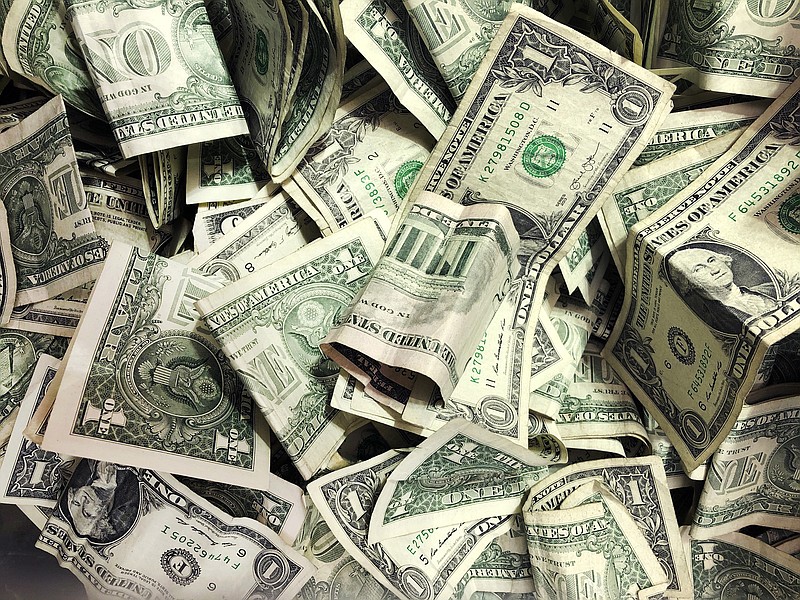"If it rains, we might want to open our umbrellas," said the Treasury secretary.
"Oh, my God, she's predicting a torrential downpour," shouted panicked pundits.
OK, that's not exactly what Janet Yellen said on Tuesday. Her actual words were, "It may be that interest rates will have to rise somewhat to make sure that our economy doesn't overheat." Her remark wasn't a forecast, it certainly wasn't an attempt to influence the Federal Reserve, and it was simple good sense.
Still, she shouldn't have said it. Convention says that the nation's top economic official must avoid uttering even the most obvious economic truths, even if she happens to be a world-class economist, lest they be read as signals of ... something. And the financial media rushed to declare her remarks a scandalous deviation from the Biden administration's official line.
Luckily, the furor was short-lived, and as these things go, Yellen's moment of honesty wasn't a big deal. Market expectations of future monetary policy, as reflected in long-term interest rates, don't seem to have moved at all in the past couple months.
But the hair-trigger media response was part of a broader phenomenon: Many commentators just don't seem able to keep any perspective about the bumps and blips of a booming economy.
There definitely is a boom underway, even if a vast majority of Republicans claim to believe that the economy is getting worse. All indications are that we're headed for the fastest year of growth since the "Morning in America" boom of 1983-84. What's not to like?
Well, booming economies often run into temporary bottlenecks, which show up in surging prices for selected goods. For example, the price of copper tripled between December 2008 and February 2011, despite sluggish recession recovery.
The bottleneck problem is especially severe now because the pandemic slump was, to use the technical term, weird, and so is the recovery now underway. Consumer spending didn't follow the patterns it exhibits in a conventional recession, and we're now facing unusual disruptions as a result.
The great lumber shortage is a case in point. Outlays on housing usually plunge in a recession. In 2020, however, with many people stuck at home, Americans actually splurged on home improvements. Lumber producers didn't see that coming and scaled back, leaving them without enough capacity to meet demand. So the price of two-by-fours has gone through the (unaffordable) roof.
But do such bottlenecks pose a risk to overall recovery? Do they mean that policymakers need to pull back? No.
What about labor shortages? Many employers are currently complaining that they can't find enough workers, despite widespread joblessness; Federal Reserve officials believe that the true unemployment rate is still close to 10%. How seriously should we take these complaints?
Employers in a depressed economy get used to being able to fill vacancies easily. When the economy improves, hiring gets a bit harder; sometimes you have to attract workers by offering higher wages. And employers experience that as a labor shortage.
But that's how the economy is supposed to work! Employers competing for workers by raising wages isn't a problem; it's what we want to see.
We should get worried only if we see evidence that expectations of continuing inflation are getting embedded in price-setting decisions and/or evidence that the economy is getting hugely overheated.
So far there's no evidence for the first potential problem.
As for overheating: Yes, it could be an issue. We've just passed a very large economic relief package, and households are sitting on huge savings. So an excessive boom is possible. But if that happens, the Fed can and, I believe, will tap on the brakes - something I can say because, thankfully, I'm not a public official.
The New York Times
